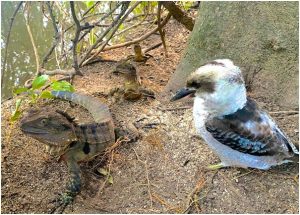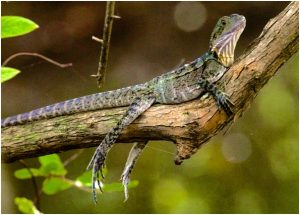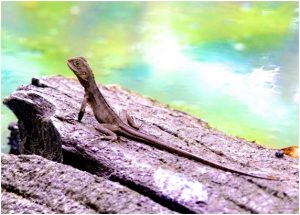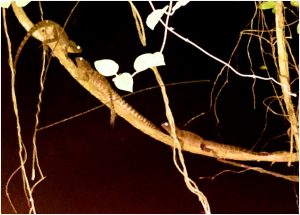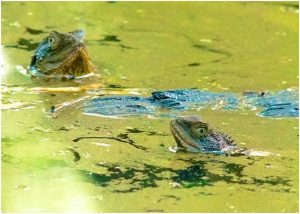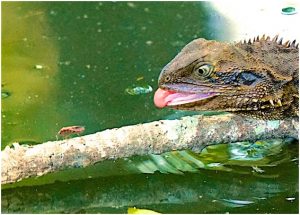Back in March there was a huge influx of moths milling around the Commonwealth Bank building at Kenmore.
MCCG member and honorary fellow of the CSIRO Don Sands is an expert lepidopterist. He took some photos and described the reasons for the amazing swarm in a post on the CSIRO website.
It’s fascinating! Apparently more than 15 different species were identified at the bank!
Click here to learn more!

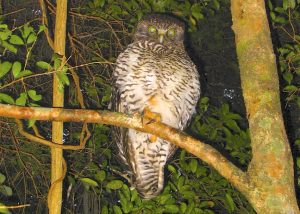 © Chris Read
© Chris Read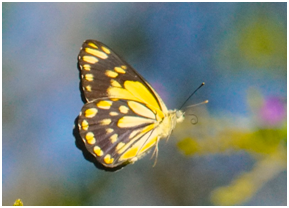
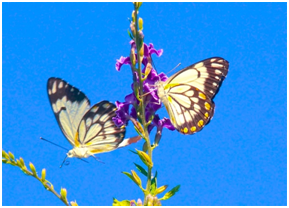
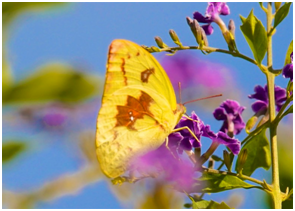
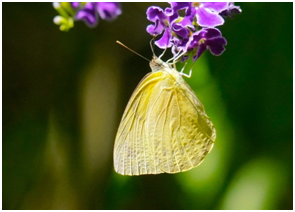
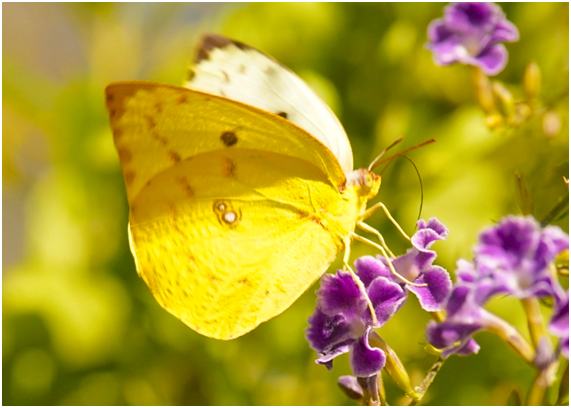 Yellow Migrant – © Ed Frazer
Yellow Migrant – © Ed Frazer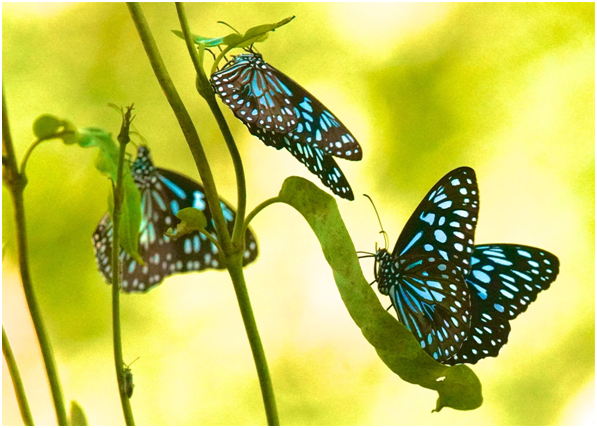 Blue Tiger – © Ed Frazer
Blue Tiger – © Ed Frazer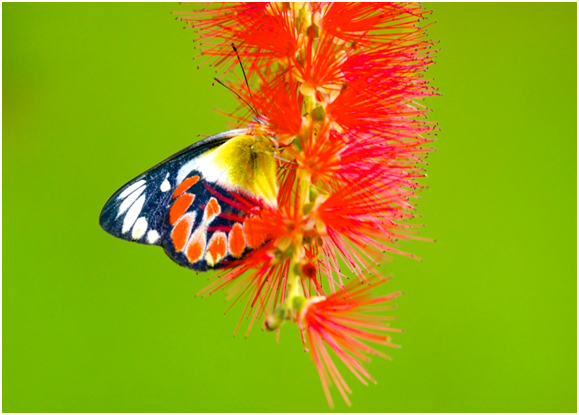 Scarlet Jezebel – © Ed Frazer
Scarlet Jezebel – © Ed Frazer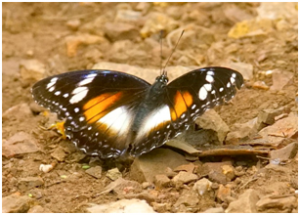
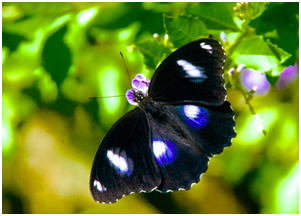
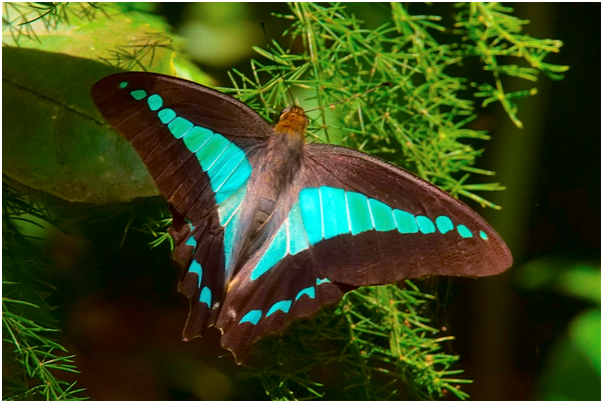 Blue Triangle – © Ed Frazer
Blue Triangle – © Ed Frazer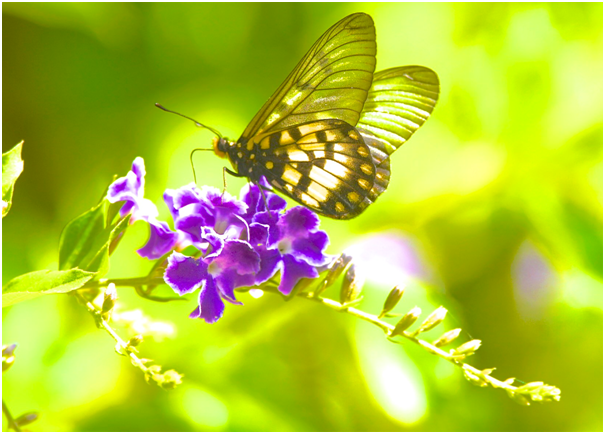 Glasswing – © Ed Frazer
Glasswing – © Ed Frazer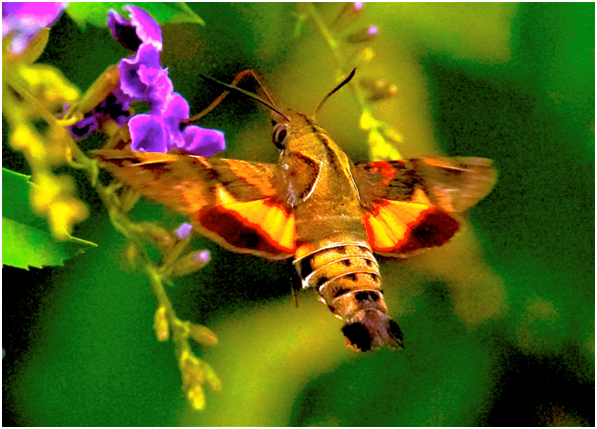 Hawk Moth – © Ed Frazer
Hawk Moth – © Ed Frazer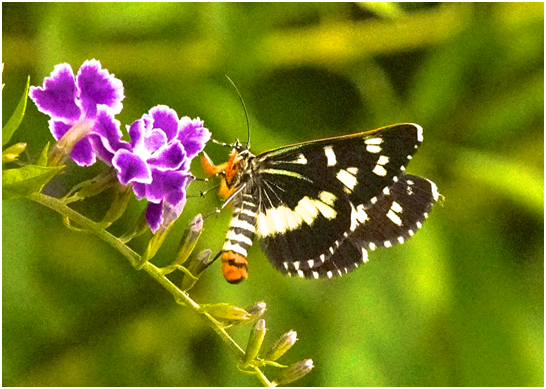 Crow Moth – © Ed Frazer
Crow Moth – © Ed Frazer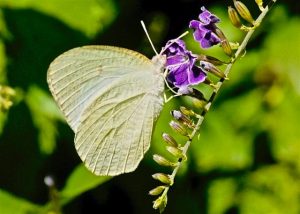 © Ed Frazer
© Ed Frazer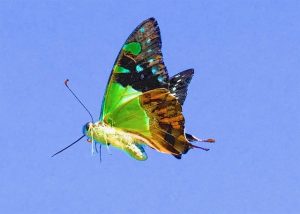 © Ed Frazer
© Ed Frazer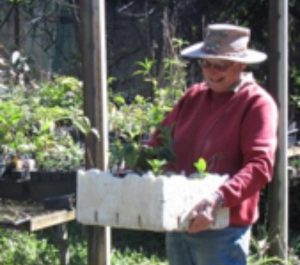
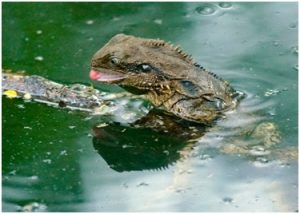 Water dragon in Gold Creek – © Ed Frazer
Water dragon in Gold Creek – © Ed Frazer